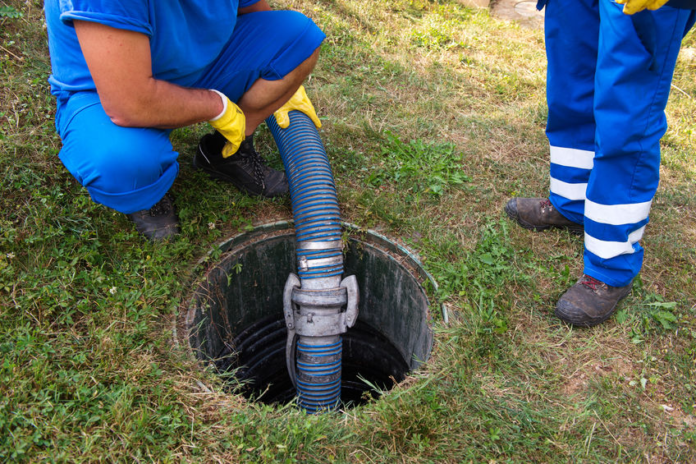Maintaining a septic tank system is crucial for homeowners relying on it for waste disposal. Proper septic tank maintenance not only extends the life of your system but also helps prevent costly septic tank repair. This guide outlines the essential steps and best practices for keeping your septic system functioning optimally.
Understanding Your Septic System
A septic system typically consists of a septic tank and a drain field. The septic tank collects and processes wastewater from your home. Solid waste settles at the bottom, forming sludge, while lighter materials like grease float to the top, creating a scum layer. The middle layer, which contains liquid effluent, exits the tank and flows into the drain field for further treatment and dispersal.
Understanding the components and function of your septic system is the first step in effective maintenance. Familiarizing yourself with the system’s layout and how it works will help you identify potential problems early.
Regular Inspections: The Foundation of Maintenance
Routine inspections are vital to ensure your septic system operates efficiently. Professional septic service providers recommend having your system inspected at least every three years. During an inspection, technicians will check for leaks, clogs, and signs of wear. They will also evaluate the sludge and scum levels in the tank.
If you notice any warning signs—such as slow drains, gurgling sounds in your plumbing, or unpleasant odors—it’s essential to contact a professional immediately. Early detection can prevent minor issues from escalating into major septic tank repairs.
Pumping the Septic Tank: A Key Maintenance Task
One of the most important aspects of septic tank maintenance is regular pumping. The frequency of pumping depends on several factors, including the size of your tank, the number of occupants in your home, and water usage habits. Generally, tanks should be pumped every three to five years. However, households with larger families or higher water usage may require more frequent pumping.
Pumping removes accumulated sludge and scum, preventing blockages and allowing your septic system to function correctly. Neglecting this crucial step can lead to backups, costly repairs, and potentially hazardous health risks.
Mind Your Water Usage
Conserving water is another critical factor in maintaining your septic system. Excessive water use can overload your septic tank, causing it to back up. Here are some practical tips to reduce water consumption:
- Fix Leaks:Repair dripping faucets and leaking toilets promptly.
- Use Water-Saving Fixtures:Install low-flow showerheads, faucets, and toilets to minimize water usage.
- Stagger Laundry Loads:Spread out laundry throughout the week rather than running multiple loads in one day.
Implementing these habits can help maintain the balance within your septic tank and prolong its life.
Be Careful with What Goes Down the Drain
The substances you flush or pour down the drain can significantly impact the health of your septic system. Avoid disposing of non-biodegradable materials, such as:
- Grease and Oils:These can solidify in the tank and clog the system.
- Feminine Hygiene Products:These do not break down and can lead to blockages.
- Chemicals:Harsh cleaners and chemicals can kill the beneficial bacteria necessary for breaking down waste.
Educating your family about proper waste disposal can prevent many common issues associated with septic tank maintenance.
Signs That Your System Needs Repair
Even with diligent maintenance, septic tanks can develop problems. Here are some warning signs that your system may need repair:
- Pooling Water:If you notice standing water in your yard above the drain field, it may indicate a malfunctioning system.
- Odors:Foul smells around the tank or drain field are a clear sign of trouble and warrant immediate attention.
- Slow Drains:Persistent slow drains can indicate a clog or backup in the system.
If you encounter any of these issues, it’s important to contact a septic tank repair professional to assess the situation and determine the necessary course of action.
Maintain Records for Effective Management
Keeping detailed records of your septic system maintenance, inspections, and repairs is essential for effective management. Documenting these details can help you track your system’s history, identify patterns, and inform future maintenance decisions.
Conclusion
Proper septic tank maintenance is essential for ensuring the longevity and efficiency of your system. By understanding how your septic system works, conducting regular inspections, pumping when necessary, conserving water, and being mindful of what you dispose of, you can minimize the risk of problems. Should issues arise, prompt attention to repairs can prevent costly damages and maintain a healthy living environment. With a proactive approach, you can keep your septic tank running smoothly for years to come.
